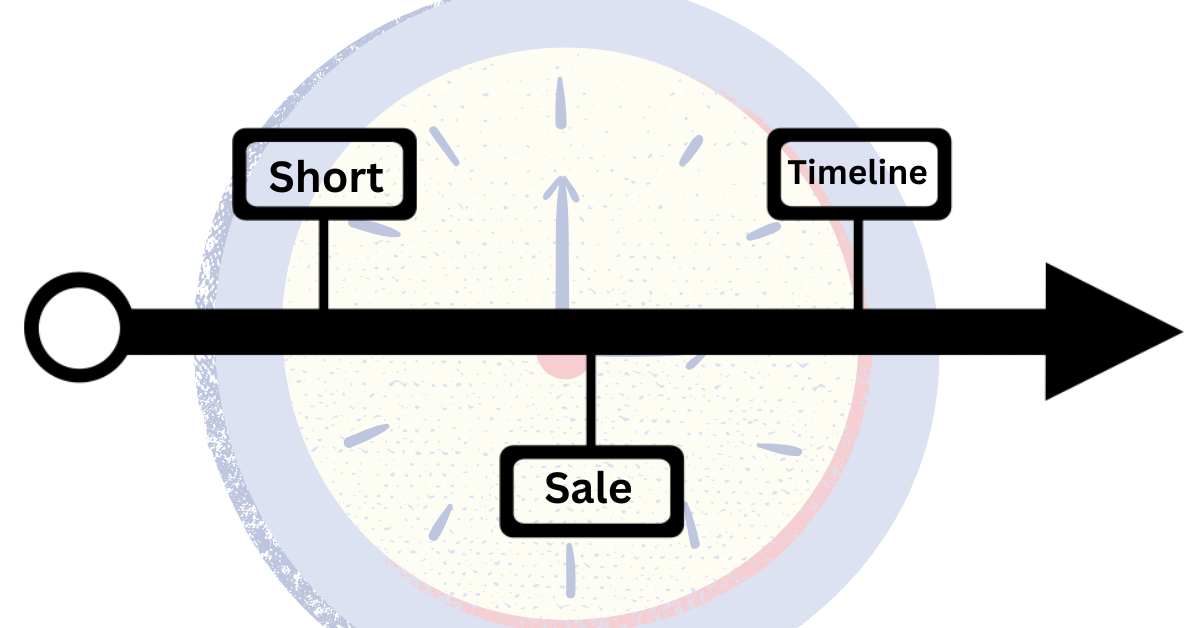As the Florida real estate market continues to evolve, various situations arise that demand a deep understanding of its intricacies. One such scenario is the short sale, a complex transaction that requires careful navigation through a specific timeline. For both buyers and sellers, grasping the ins and outs of the short sale process is essential. In this blog post, we’ll delve into the short sale timeline in Florida from a realtor’s perspective, shedding light on crucial milestones and offering insights to ensure a smoother experience for all parties involved.
Understanding Short Sales
Before diving into the timeline, let’s briefly review what a short sale entails. A short sale occurs when a homeowner, facing financial distress, decides to sell their property for less than the outstanding balance of their mortgage. The lender’s approval is required for this transaction, as they agree to accept a reduced payoff amount, allowing the homeowner to avoid foreclosure. Short sales can be complex and time-consuming, involving meticulous documentation and negotiation.
The Short Sale Timeline
- Evaluation of Financial Hardship (Month 1 – 2): The process typically begins when the homeowner realizes they can no longer afford their mortgage payments due to financial hardships such as job loss, medical bills, divorce, or other unforeseen circumstances. The homeowner must gather relevant documentation, including proof of hardship, financial statements, and tax returns, to substantiate their situation. This step can take anywhere from one to two months.
- Listing the Property (Month 2 – 3): Once the decision to pursue a short sale is made, the homeowner collaborates with a realtor to list the property. An experienced real estate agent familiar with short sales is crucial, as they can guide the homeowner through the process, from pricing the property competitively to marketing it effectively.
- Buyer Offers and Negotiations (Month 3 – 4): When a potential buyer submits an offer, the negotiation process begins. The offer is contingent on the lender’s approval, and the buyer must be patient as this phase can take several weeks or even months. The realtor plays a pivotal role here, liaising between the buyer, seller, and lender to facilitate communication and expedite the process.
- Submission of Short Sale Package (Month 4 – 5): The homeowner, with the assistance of their realtor, compiles a comprehensive short sale package for the lender’s review. This package includes financial documents, a hardship letter, the purchase contract, and a listing of property repairs or issues. The accuracy and completeness of this package are crucial to avoid delays in lender review.
- Lender Review (Month 5 – 7): This is often the most time-consuming phase of the short sale process. The lender meticulously examines the submitted documents, evaluates the property’s value, and assesses whether approving the short sale is in their best interest. The timeline for lender review can vary greatly, ranging from two to four months or more. During this period, the realtor must remain proactive in communicating with all parties, providing updates, and addressing any inquiries promptly.
- Approval and Closing (Month 7 – 8): If the lender approves the short sale, the homeowner and buyer can move forward with the closing process. However, even after approval, there might be additional negotiations, required repairs, or unforeseen obstacles. An experienced realtor will continue to navigate these complexities, ensuring a smooth transition to the closing table.
- Closing the Sale (Month 8 – 9): Once all the details are finalized, the transaction can proceed to closing. At this stage, the buyer and seller sign the necessary documents, funds are transferred, and ownership of the property is transferred. It’s important for the realtor to oversee this process, making sure all legal requirements are met and ensuring a successful conclusion.
Conclusion

Navigating the short sale timeline in Florida is a multifaceted endeavor that demands expertise, patience, and effective communication. For realtors, understanding each phase and being able to guide clients through the process is crucial. From evaluating financial hardships to finally closing the sale, the journey involves careful documentation, negotiation skills, and an unwavering commitment to ensuring a favorable outcome for both buyers and sellers. As Florida’s real estate landscape continues to evolve, realtors who master the art of navigating the short sale process will undoubtedly play a vital role in helping clients achieve their real estate goals.


